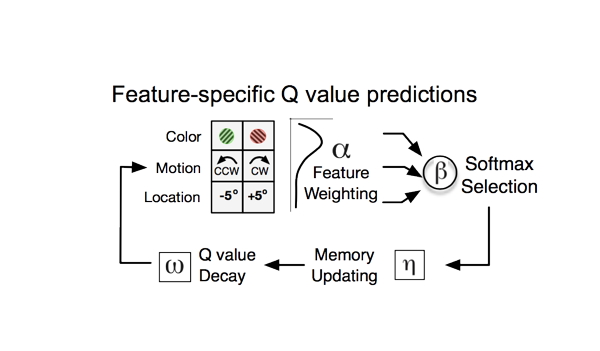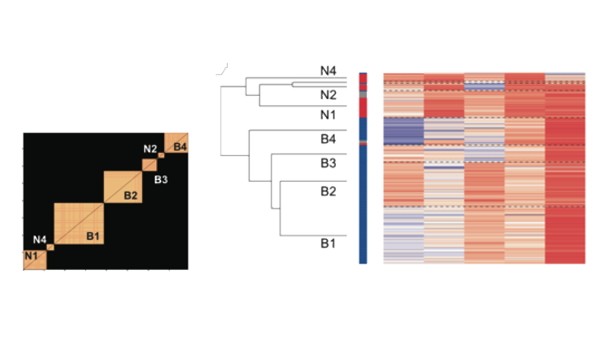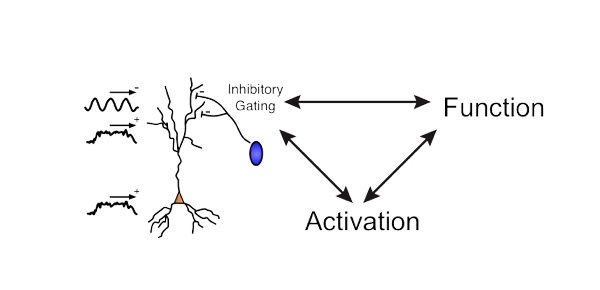Our new paper in eLife shows that a subclass of fast spiking interneurons in prefrontal and anterior cingulate cortex gamma synchronizes when uncertainty about cues and outcomes is resolved. This finding was possible by classifying narrow spiking neurons into fast and non-fast spiking classes and correlating their firing and spike-LFP synchrony during processing of attention cues and reward outcomes in a reversal learning task. In prefrontal cortex the interneurons of the fast spiking subclass synchronized after cue onset during learning when there was uncertainty about the value of different stimuli. In anteiror cingulate cortex the same type of fast spiking interneuron class gamma synchronized after rewards were delivered, but only when the reward predictions errors were high during learning, i.e. when outcomes were uncertain. Computational modeling showed that the interneuron specific gamma synchrony could reflect a soft gating of competing excitatory inputs.
These findings are of fundamental importance for understanding cell type specific circuit functions and might be the first characterization of interneurons in the primate prefrontal cortices during higher cognitive learning performances. The paper can be downloaded here.







